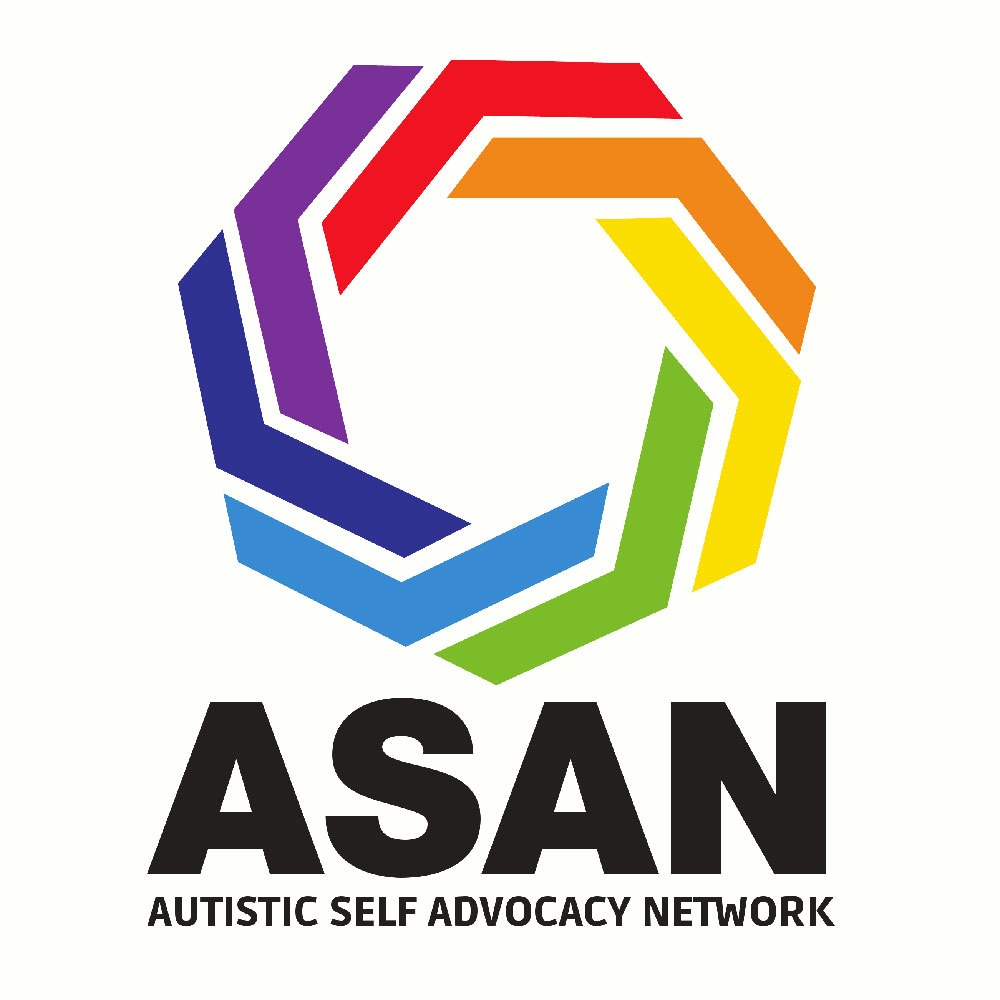
August 6, 2019; “In the Know,” The Hill
The field of organizations that address disability issues is one of those most deeply affected by a greater consciousness of how narratives drive both public attitudes and program. NPQ has written about how this has led to organizations renaming themselves to reflect a transforming mental model. But in some fields, old narratives still dominate, and here is one high profile example.
When Sesame Street introduced a new character last year in Julia, it marketed that content to spread the message that “autistic children could live great lives, and taught autistic and neurotypical children ways to become friends.” But a subsequent line of PSAs has lost the show a key supporter. The Autistic Self Advocacy Network (ASAN) says the narrative here undoes the positive effects of their programming, on which ASAN collaborated. ASAN goes on to attribute the narrative problem to their relationship with Autism Speaks, which ASAN says relies on a narrative that is, in the end, more toxic than helpful.
We reproduce their statement below:
Sesame Street has now decided to undo that progress. Its latest PSAs featuring Julia promote Autism Speaks’ “Screen for Autism” initiative and their resource for parents of newly-diagnosed autistic children, the 100 Day Kit. Like much of Autism Speaks’ recent advertising, these PSAs use the language of acceptance and understanding to push resources that further stigma and treat autistic people as burdens on our families. The 100 Day Kit encourages parents to blame family difficulties on their autistic child (“When you find yourself arguing with your spouse…be careful not to get mad at each other when it really is the autism that has you so upset and angry”) and to view autism as a terrible disease from which their child can “get better.” It recommends compliance-based “therapies” and pseudoscientific “autism diets,” but fails to educate families about communication supports. It even instructs parents to go through the five stages of grief after learning that their child is autistic, as they would if the child had died.
Sign up for our free newsletters
Subscribe to NPQ's newsletters to have our top stories delivered directly to your inbox.
By signing up, you agree to our privacy policy and terms of use, and to receive messages from NPQ and our partners.
We discussed with Sesame Street, repeatedly and in great detail, what this decision would mean for the autistic community. We explained to them how these ideas harm autistic children and our families, and reinforce societal prejudice against autistic people. Our contacts acknowledged that the Autism Speaks resources were harmful and portrayed autistic children in a negative light—yet they were unwilling to reverse course in their plans to promote them. As a result, we have formally ended our partnership with Sesame Street.
Too often, parents of autistic children are bombarded with terrifying messages. They are told that their autistic child will destroy their marriage and their nondisabled children’s lives. They are told that their child’s happiness—and their own—depends on the child “getting better” by hiding their autistic traits, and to work toward this goal above all else. They are told to grieve for the hypothetical nondisabled child they had imagined, rather than to love and connect to the autistic child in front of them. These messages hurt autistic people, scare our families, and encourage our communities to fear and exclude us. Autism Speaks has played a central role in developing them.
[…]
Decision-makers at Sesame Street understand the position they are in. For fifty years, Sesame Street has created content with the explicit goal of impacting the real lives of children and families. It is too late to pretend that Sesame Street can amplify harmful messages without causing harm. We call on Sesame Street to recognize the damage they are doing, end their partnership with Autism Speaks, and commit to producing and promoting only content which increases the inclusion, acceptance and well-being of autistic children.
—Ruth McCambridge













